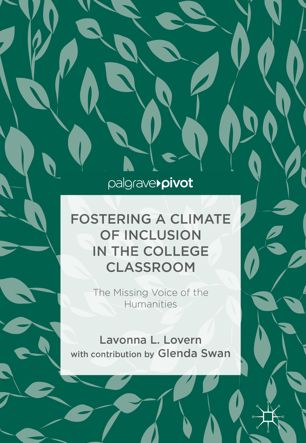

Most ebook files are in PDF format, so you can easily read them using various software such as Foxit Reader or directly on the Google Chrome browser.
Some ebook files are released by publishers in other formats such as .awz, .mobi, .epub, .fb2, etc. You may need to install specific software to read these formats on mobile/PC, such as Calibre.
Please read the tutorial at this link: https://ebookbell.com/faq
We offer FREE conversion to the popular formats you request; however, this may take some time. Therefore, right after payment, please email us, and we will try to provide the service as quickly as possible.
For some exceptional file formats or broken links (if any), please refrain from opening any disputes. Instead, email us first, and we will try to assist within a maximum of 6 hours.
EbookBell Team

0.0
0 reviewsThis book examines inclusion teaching at the college and university level. It establishes the importance of the Humanities disciplines and the use of qualitative analysis as a means of understanding and encouraging democratic materials and classroom organization. The first section of the text provides two primers for those unfamiliar with pedagogical history and theory. These primers are designed to give basic information and sources for additional study. They trace pedagogical influences from foundationism, neoliberalism, conflict, and critical theories to critical race theory, Red pedagogy, and decolonization theories. The second half of the book focuses on strategies to assist those attempting classroom inclusion. These chapters are designed to assist with practical ways in which inclusion can be advanced as well as strategies to assist junior faculty in the navigation of the politics of inclusive education.